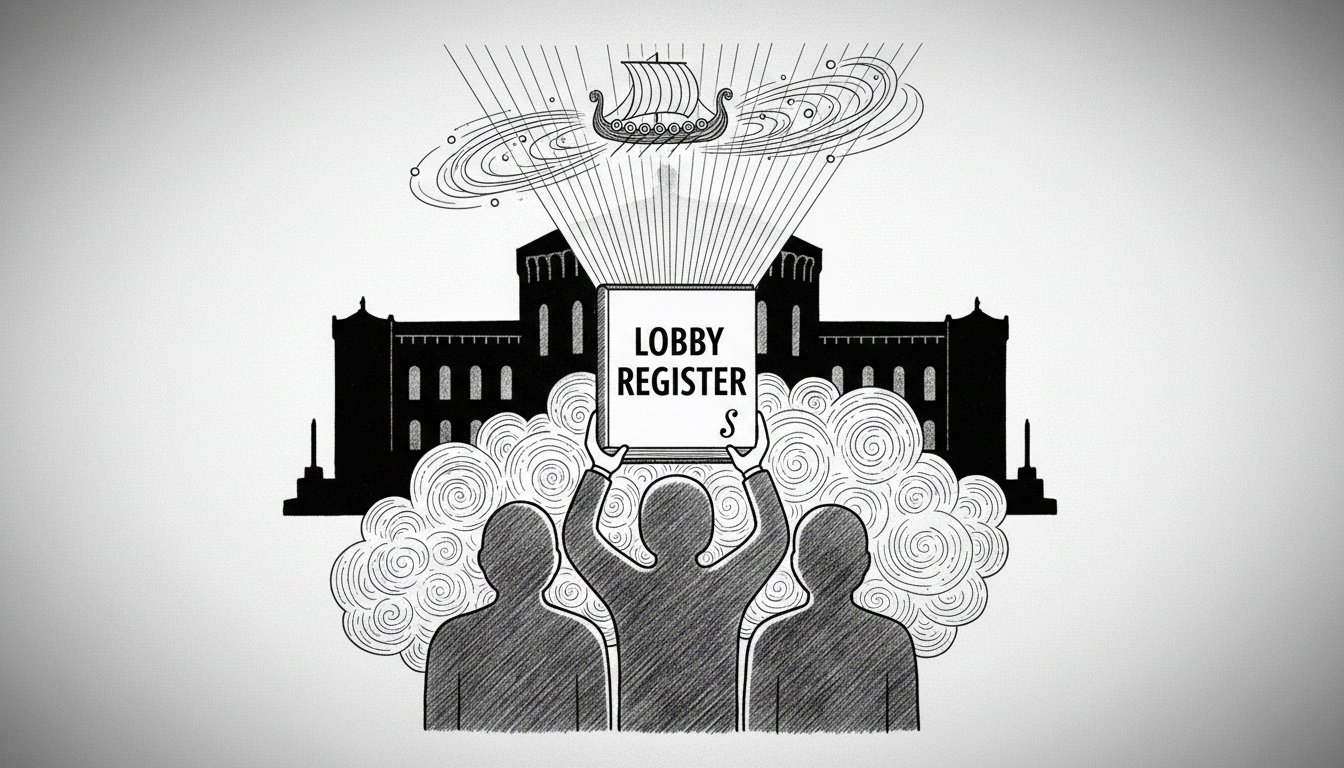The Norwegian Liberal Party plans to introduce a proposal for a lobby registry in Parliament during this session. The party believes transparency in political influence is long overdue. This move aims to rebuild public trust in politicians and the political process.
Liberal Party representative Grunde Almeland stated the timing is perfect for establishing such a registry. He emphasized that public confidence in politicians depends on transparency. People need to trust that politicians have nothing to hide, he explained. Almeland noted that lobbying itself is acceptable, but openness creates greater trust.
Several political consultants predict increased lobbying activity targeting Parliament over the next four years. This anticipated growth makes transparency measures more urgent than ever. The situation reflects a broader European trend toward greater accountability in political processes.
Transparency International Norway and the Norwegian Press Association both support the initiative. These organizations argue the proposal demonstrates the clear need for more openness in Norwegian politics. Their endorsement adds significant weight to the Liberal Party's efforts.
This is not the first attempt to establish a lobby registry in Norway. The Liberal Party, along with the Socialist Left Party and the Red Party, have previously proposed similar measures. Their earlier efforts faced opposition from the Labour Party, Conservative Party, Centre Party, and Progress Party. These parties voted down previous registry proposals.
Almeland remains optimistic about changing minds this time. He points to experiences from other countries that could convince some opponents. International examples show lobby registries can work effectively without hindering legitimate political engagement.
Norway currently lacks comprehensive lobby registration requirements. This places the country behind several European neighbors in transparency measures. Countries like Sweden and Denmark have implemented various forms of lobby regulation with positive results.
The proposed registry would require professional lobbyists to register their activities. It would document who tries to influence legislation and policy decisions. Such systems help prevent undue influence while maintaining legitimate access to policymakers.
International observers note Norway's generally high transparency standards. The country consistently ranks well in global corruption perception indexes. Yet the absence of lobby registration represents a notable gap in the nation's accountability framework.
The debate comes amid growing public skepticism about political processes worldwide. Many citizens express concerns about hidden influences on policy decisions. A lobby registry could help address these concerns in the Norwegian context.
Political analysts suggest the proposal faces significant challenges. The same coalition that rejected previous measures remains in power. Changing established positions requires compelling arguments and political will.
Almeland's reference to international experience may prove crucial. Evidence from other parliamentary systems shows registries can operate effectively. They provide transparency without overwhelming administrative burdens.
The discussion reflects broader questions about democracy and access in modern governance. As policy issues become more complex, the role of expert input grows increasingly important. Balancing expertise with transparency remains a key challenge for democratic systems.
What practical difference would a registry make for ordinary Norwegians? It would allow citizens to see which organizations seek to influence specific policies. This knowledge helps voters make more informed decisions during elections.
The proposal also raises questions about implementation details. Which activities would require registration? What thresholds would trigger disclosure requirements? These operational questions will need careful consideration if the proposal advances.
Norwegian politics has traditionally emphasized consensus and transparency. The lobby registry debate tests these values in practice. The outcome will signal Norway's commitment to open government in the 21st century.

